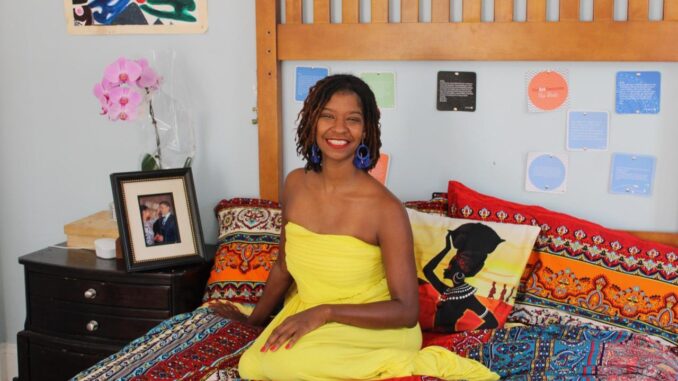
Aviwe DuBois Data News Weekly Contributor
After seven months of battling the Coronavirus Pandemic, clinical trials for a COVID-19 vaccination are underway. In an effort to encourage more Black people to participate in clinical studies, the presidents of Dillard University and Xavier University of Louisiana announced on September 3rd they are participating in the Ochsner Medical System Clinical Vaccine Study.
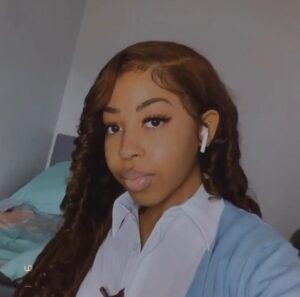
“We have before us a significant opportunity to serve and advance the cause for not just ourselves, but our sisters and brothers suffering from the effects of this virus on their families and communities,” said C. Reynold Verret, Xavier’s President, and Walter M. Kimbrough, Dillard’s President, in their joint statement.
Both presidents acknowledged that widespread distrust for medical studies still exist in the Black community and they hoped that their example will encourage more African American participation in ongoing COVID-19 studies.
“I recognize the glaring mistrust of both the healthcare system and research studies,” said Dr. Tyra Gross, an Assistant Professor of Public Health at Xavier, who studies Black women’s maternal health. “There are varying levels of health literacy in America today. The average American is not aware of the different phases for vaccine development,” Gross explained.
In 1932, the U.S Public Health Service and Tuskegee Institute conducted a study called the “Tuskegee Study of Untreated Syphilis in the Negro Male.” The study involved 600 Black men – 399 with syphilis, 201 who did not have the disease. The men were told they were being treated for “bad blood,” a local term used to describe several ailments, including syphilis, anemia, and fatigue. They didn’t receive the proper treatment needed to cure their illness. This unethical experiment along with a history of medical experimentation on African Americans, Gross said, resulted in African Americans’ mistrust of the medical field.
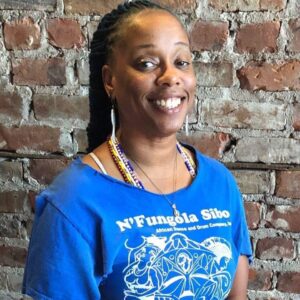
“I would not be willing because the word that often follows trial is, error. Therefore, I will not put my health at risk,” said Adriyan Blue, a Certified Nursing Assistant from Uptown. “Also, based on historical events involving the Black community and clinical trials, I am skeptical of the side effects of the trial. Along with the history of clinical trials, the history of the Black community and health as a whole is not very reputable.”
The 19th-Century physician, James Marion Sims, pioneered tools, and surgical techniques related to women’s reproductive health and became credited as the “father of modern gynecology.” However, Sims’ research was conducted on enslaved Black women without anesthesia and caused untold suffering by operating under the racist notion that Black people did not feel pain.
Between Marion Sims’ exploitation of Black women to advance the field of Gynecology, the unethical coercion of Black men in the Tuskegee syphilis study, and now the unjust treatment of Black people in the modern healthcare system, African Americans remain skeptical about the health care system, Gross explained.
“Too many questions!” exclaimed Dillard Nursing Major, Reggi M. Wright who is from Shreveport, LA. “What makes this vaccine safer than natural antibodies? What makes it any better? Were the antibodies strengthened in an ethical manner? And moreover, in the climate of this country, I would scarcely touch anything from a hospital … despite just having gotten a flu shot. There is no way to tell what the truth is, not this year,” Wright said.
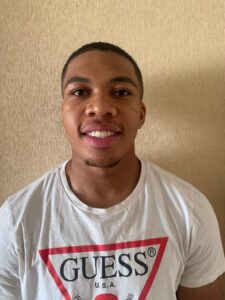
With the Coronavirus still being researched, the rapid development of the vaccine adds to the skepticism the Black community has regarding the medical system.
“From a public health standpoint, there is a need for Black and brown citizens to partake in these trials. These companies need a large diverse sample of the population,” said Andre Lambert Jr., a Xavier Public Health Sciences Major. “However, I also believe they are rushing to get these trials done because everyone wants to be done with this virus.”
Black and brown communities are being hit the hardest due to their locations. Most communities live in food deserts, have large numbers of unemployment or family members serving as frontline workers, Gross said.
“I will not take part in this vaccine because simply it’s an experiment that hasn’t been offered to the White colleges: UNO or LSU,” said Mikeall Caesar, an African Dance Teacher and Performing Artist from Faubourg Marigny. “To take part in creating a vaccine that will be tried on them as an experiment.”
There is a perception in the Black community right now that the Coronavirus vaccine trial recruiting efforts seem to be directly recruiting people of color, more so than other groups.
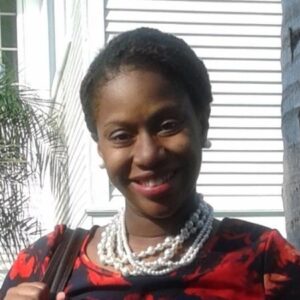
“Black bodies are often sacrificed for the greater good,” said Nia Weeks, a New Orleans native, who is an Attorney and the Founder of Citizen SHE and Citizen SHE United. “So, where everyone else benefits, the “tester” and other members of the community have to live with the consequences over generations.”
Both university presidents have assured their campus communities that the vaccine trial they are participating in is following the regulations since put in place for the ethical execution of medical studies, including oversight by Human Subjects Committees with diverse membership and participation of clinicians of color.
“Public health is all about disease prevention and health promotion and vaccine developments are all hallmark efforts,” Gross said. “I thank our HBCU leaders who are at the tables for making sure we are represented, our concerns are both voiced and heard, as well as championing for opportunities for us to be included in the ongoing vaccine trials. However, our leaders and stakeholders should be understanding when we decline the invitation.”
Recommended For You.
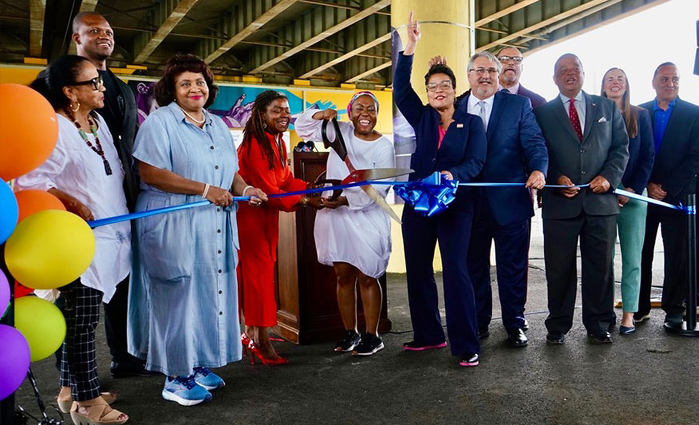


Be the first to comment